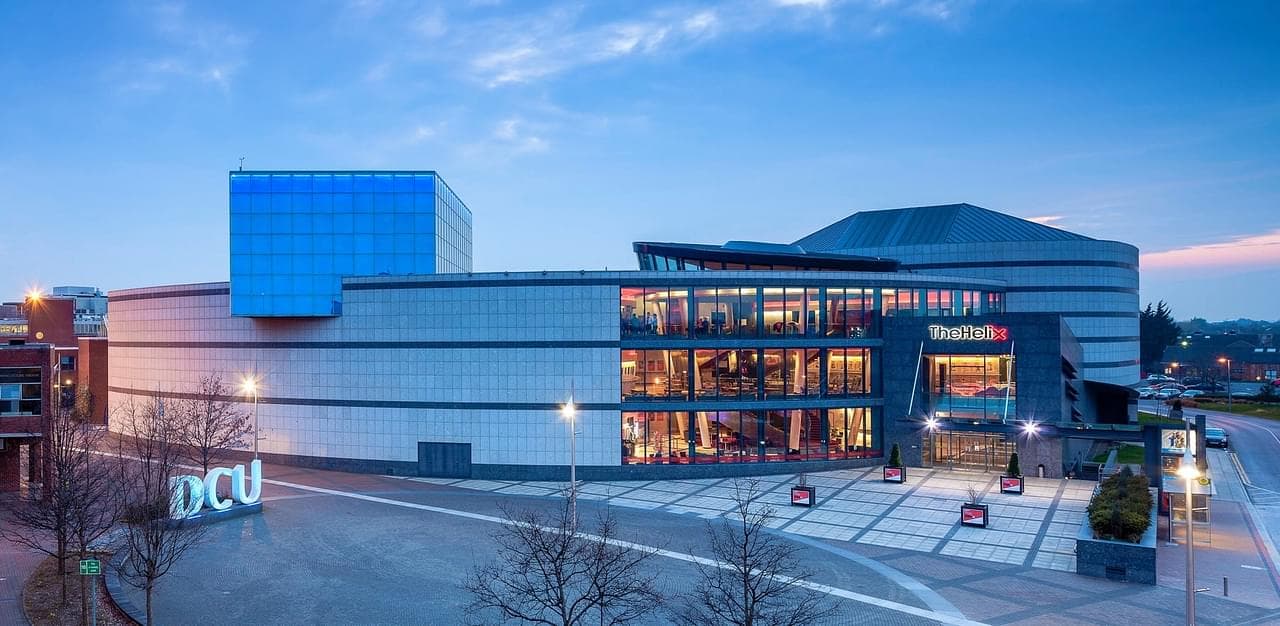Modules are taught through a combination of seminars, workshops, small group discussions and field trips. There is a strong emphasis on active and independent learning. All modules are 10 credits and are examined by continuous assessment in the form of reviews, essays, research papers, learning journals and class presentations.
SEMESTER ONE
Interpretation and Argument in History Writing
This module introduces students to the tradition of history writing (historiography) as it has evolved and developed in Europe and the world since classical times, and in Ireland from the early seventeenth century to the present.
Research Methods
This module introduces a range of research methods and focuses on active engagement with the processes of gathering, evaluating and analysing historical evidence. Students are guided through the process of using archives and various online resources. A novel feature of this module not offered elsewhere is an introduction to Geographic Information System (GIS). A fundamental objective is to equip students to devise, and execute independent research projects. The module imparts important transferrable, research and writing skills.
Ireland in the Twentieth Century: Crisis, Continuity and Change
Crisis, continuity and change are recurring themes in the history of twentieth-century Ireland. This module examines the central political, economic, social and cultural features of that historical experience using primary sources in a seminar-setting.
SEMESTER TWO
Ireland’s Landscapes: from Plantation to Celtic Tiger
This module examines how changing relationships between economy, politics and society have moulded the Irish urban and rural landscape over the past four centuries. Taking a Historical Geography perspective, students will be exposed to key concepts and methods including fieldwork by which they can trace the evolution of the landscape.
The Irish Revolution in a Revolutionary World
This module interrogates the Irish revolution (1912-1923) by placing it in the context of, and comparing it with, other European revolutions that occurred during that era of imperial decline. By examining Irish and other European sources, students will not only deepen their knowledge of the Irish revolution but will consider what can be learned about the Irish experience through the study of other revolutionary or state formation moments, and debate what, if anything, made the Irish experience different?
Gender and Society in Ireland since 1867
This module examines shifting gender roles in Ireland through the lens of individual women’s lives. Using a variety of primary sources, the module will chart the trajectory of continuity and change in the construction of gender roles.
Dissertation
This year-long module allows students to produce their own piece of independent historical research, guided by a supervisor who will be an expert in the field.

